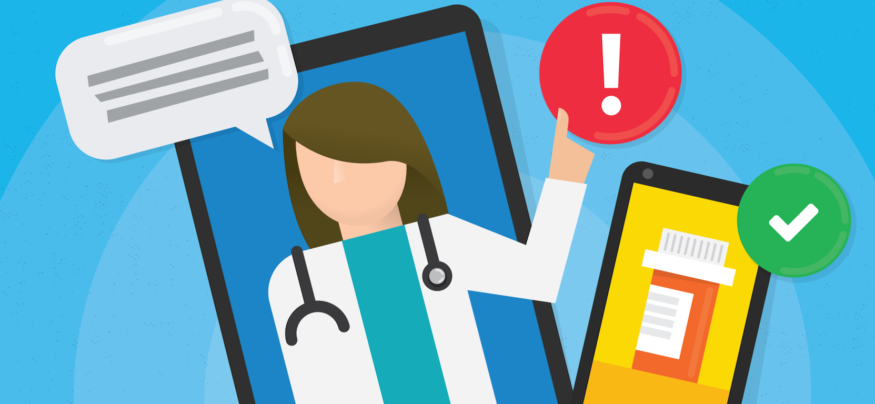Never underestimate the power of your smartphone.
Much of the energy in the healthcare industry right now is dedicated to bridging the gap between the clinical and the personal. Among the primary reasons for this are the improved health results and cost savings that can be realized when already-ubiquitous mobile phones are used for medication education and adherence.
But new data analyzed by pharmacy giant CVS suggests that text reminders can significantly lower nonadherence to medication.
The Costs of Common Conditions
According to Healthcare IT News, a recent study published in the American Journal of Managed Care examined anonymized pharmacy and medical claims for over 1.2 million patients who had one or more of the most costly chronic diseases — diabetes, high blood pressure/hypertension and high cholesterol.
The CVS Health Research Institute reviewed the data and found that payers could realize savings of $38 to $63 million per 100,000 members if they focused resources on improving rates of nonadherence to medication among these condition-specific populations. According to Troyen Brennan, MD and chief medical officer of CVS Health, there’s strong evidence that supports the relationships between improved medication adherence, better health outcomes and a drop in costs.
Unfortunately, much of the industry has struggled with realizing adherence improvement across the board.
Why Reminders Are Powerful
It doesn’t take much to connect improved medication education and adherence to cost savings. According to Jonathan Roberts, president of CVS Caremark, “Short-term changes in adherence can have a meaningful and immediate impact on healthcare costs, and this kind of research is important in helping our clients understand the value of medication adherence and where the greatest cost-savings opportunities exist for their member populations when it comes to maintaining medication adherence.”
To understand where the greatest benefit could be found, CVS Health employed predictive analytics to focus on the most nonadherent (and therefore most costly) patients. Other studies have revealed that within a year of diagnosis of a chronic condition, only 50 percent of patients are still properly taking their medication, with some having stopped completely.
Fortunately, it’s been found through a study of 16 randomized clinical trials involving long-term therapies in chronic disease that mobile phone text messaging almost doubles the rates of medication adherence.
The App Connection
It’s possible that app and smartphone reminders could yield results similar to those revealed in text messaging studies. As it stands, a full 68 percent of adults in the U.S. own a smartphone. That same population checks their phones 150 times a day. This level of engagement means that smartphones represent a largely untapped platform for the future of medication adherence.
Some app developers have already stepped into this arena with a variety of medication reminder products. But perhaps the most important benefit both app and text reminders offer is how simply they integrate into patients’ lives. As healthcare moves forward, we can expect to see more simple health solutions like this popping up across the board.
The pharmaceutical industry has the potential to reap huge benefits across the board from the adoption of digital technology.








